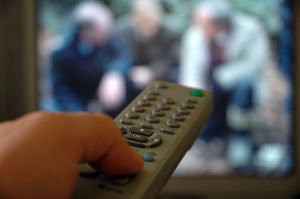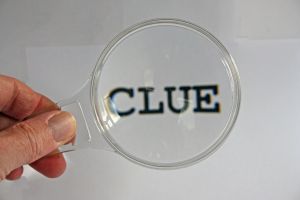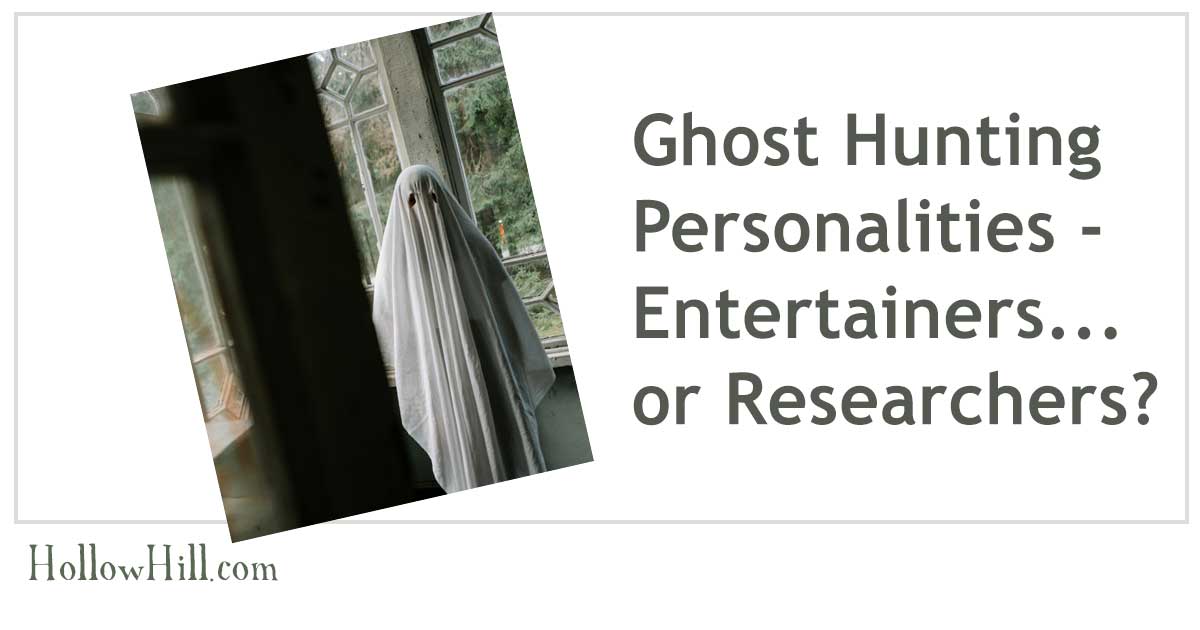As an Amazon Associate I earn from qualifying purchases. Click for details.
In ghost hunting and the paranormal field, in general, there are two very different approaches… and a broad overlap between them.
 Entertainers appear in the media, and they’re paid guests at events and at “investigations.”
Entertainers appear in the media, and they’re paid guests at events and at “investigations.”
They are there to entertain you. They may be speaking from memorized scripts. If what they’re saying (or portraying on TV) is true, that’s nice… but not necessary, as they see it.
If you enjoy their performances, they’ve succeeded and their careers grow. If they don’t, they fade away, reinvent themselves, or shift to another line of work.
They create an illusion so the audience suspends disbelief long enough to enjoy the performance. That’s measured in TV ratings and tickets sold at events.
David Blaine is one of many entertainers who appear to be working mystical feats. He correctly describes himself as an illusionist.
 Researchers look for breakthroughs in paranormal studies. Their standard is integrity.
Researchers look for breakthroughs in paranormal studies. Their standard is integrity.
Most don’t care if they entertain anyone.
What they discover – and the tools and techniques that they develop – may become far more famous than the developers’ names.
Bill Chappell is the inventor of many brilliant research tools (often featured on Ghost Adventures). More people recognize the name of his inventions (such as the Ovilus) than his own name.
Me…? I’m a researcher, not an entertainer. I say, “Fiona Broome” and people may look confused. I mention HollowHill.com, and they suddenly recognize me. (It’s nice when people recognize my name, but I’d rather have them remember my discoveries.)
Few are both researchers and entertainers.
Some researchers have been cast in paranormal “reality shows.” Some actors in those shows – with no prior research experience – became brilliant investigators.
But, in general, how someone seems on TV may be very different from how they appear in person… and how much ghost-hunting expertise they actually have.
I could list several “ghost hunting experts” from TV shows who, in real life, had little understanding of paranormal research.
I’ve also known several genuine experts who had more experience and integrity than viewers saw on related TV shows.
A few genuine researchers who’ve starred on TV shows
Both Grant Wilson and Jason Hawes began their TV careers as experience paranormal researchers. I’ve known them for decades, and have no doubt that they’re genuinely intrigued by ghostly phenomena. (See my article, Ghost Hunters TV Show… Fake?)
John Zaffis is a good example of someone who’s worked in both research and entertainment (The Haunted Collector). He was a respected researcher and demonologist for many years before ghost hunting became popular. His joking manner can be entertaining… but he’s speaking from decades of genuine research.
Barry Fitzgerald has also bridged the gap between academic and scientific study, and the entertainment field (Ghost Hunters International).
Zak Bagans is another researcher who – at least partly due to the direction his research has taken – can be seen as an entertainer as well. I don’t agree with the risks he takes, but I respect his courage in researching sites I’d never visit for any reason.
They’re just a few of the many researchers/entertainers I’ve admired for their integrity and expertise in real life. (I mention them because I wasn’t thrilled with how they were edited for their respected TV shows. They deserve more recognition as innovative investigators.)
Have low expectations and you won’t be disappointed.
Before attending an event or public “investigation,” it’s important to adjust your expectations. For the past 15+ years, I’ve said in my Guidelines for ghost hunters, “…if someone is charging you money as if they’re providing a show… perhaps they are.”
Keep in mind that there’s a difference between a con artist and an entertainer. In most cases, the entertainer separates his (or her) role, on stage, from what’s true in his personal life. The lines may blur, but there’s no fraud involved.
Sure, an entertainer may disappoint you with a poor performance, but that’s different from being a fraud.
Likewise, a researcher’s results may be disproved by later studies. That’s not a con, it’s a normal part of trial-and-error research… there will be errors!
The vast majority of entertainers and researchers are good, honest people. They have every reason to be proud of their work.
The biggest confusion is when a TV show or movie presents an entertainer as an expert when he (or she) isn’t one in real life.
Or when people attend an event or public ghost hunt and expect every expert to be chatty and entertaining.
“Reality shows” can blur the lines. When you meet stars or researchers in real life, keep your expectations in check so you’re not disappointed.
Do you have a question or opinion on this subject? Please let me know in the comments form below.

